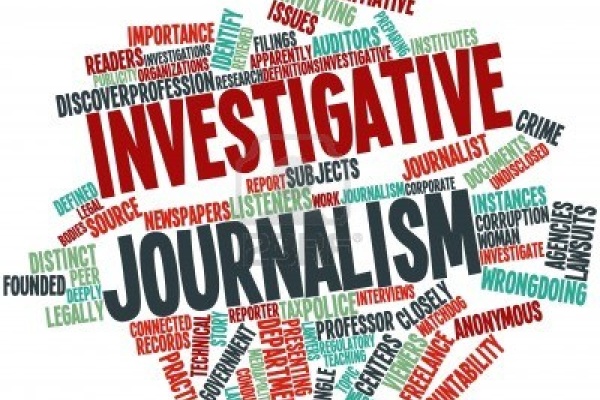The AfriCOG Investigative Journalism Fellowship is a competitive fellowship aimed at supporting talented journalists to investigate topical public interest cases that lie within AfriCOG’s anti-corruption and good governance mandate.
The Fellowship seeks to give practicing journalists the requisite logistical and financial support to investigate, follow-up and publish a compelling story of public interest in the area of governance and anti-corruption reform.
Context of the Fellowship
When compared to previous political regimes, the overall assessment of media performance since 2002 is cautiously positive, despite significant setbacks during the
period. There are more media outlets (particularly in broadcasting) following the liberalisation of the airwaves in the late 1990s, and the media’s voice has been essential in drawing attention to corruption and abuse of power. However, there is pronounced concentration of ownership, with negative consequences for diversity of opinions. During the post election crisis, the role of the media also came under critical scrutiny.
On the legal front, while the constitution provides for freedom of expression, access to information is limited by a string of exceptions and laws such as the Official Secrets Act. Some provisions of the recent Kenya Communications Amendment Act (2008) fall in line with this repressive trend.
Internal Challenges
The impact of the highlighted legal and institutional barriers is deepened by problems inherent to media houses, which face challenges relating to skills development and internal governance. These tend to inhibit them from effectively playing their public information, awareness and watchdog roles. There is insufficient investment in training by media houses as well as limited capacity for investigative journalism. Stories that expose corruption and poor governance require detailed analysis and sustained commitment. Yet the headline rush and reporting culture of media houses globally tends to erode editorial interest in lengthy reports and single-issue investigations. The result is that drawn-out ethical issues and anti-corruption challenges are rarely tackled effectively.
The Fellowship Project
By providing short fellowships to a selection of journalists, the Investigative Journalism Project seeks to enhance expertise in investigative journalism and generate a body of incisive investigative reports on key governance, anti-corruption and public interest issues. This is in keeping with AfriCOG’s vision of promoting permanent civic vigilance, and a strategic approach that seeks to address the structural causes of governance and anti-corruption challenges.
By supporting investigative journalism, AfriCOG will help advance the struggle for greater access to information by exposing corruption and bad governance, thus driving
home the need for freedom of information to prevent or mitigate the abuse of power.
Eligibility: The Fellowship is open to professional journalists, qualified to work in Kenya, with at least three years experience in print or broadcast journalism on a full time/freelance basis.
Selection: A call for applications will be published in the local media after which submitted entries will be vetted by a panel of experts. The panel will evaluate entries based on the journalist’s capacity to undertake the investigation, and the potential for high positive impact and public benefit.
Duration of Fellowships: It is envisaged that up to five fellowships of varying length will be awarded in the pilot phase of the Investigative Journalism Project. The length of the fellowships will be determined by the complexity of issues to be investigated.
